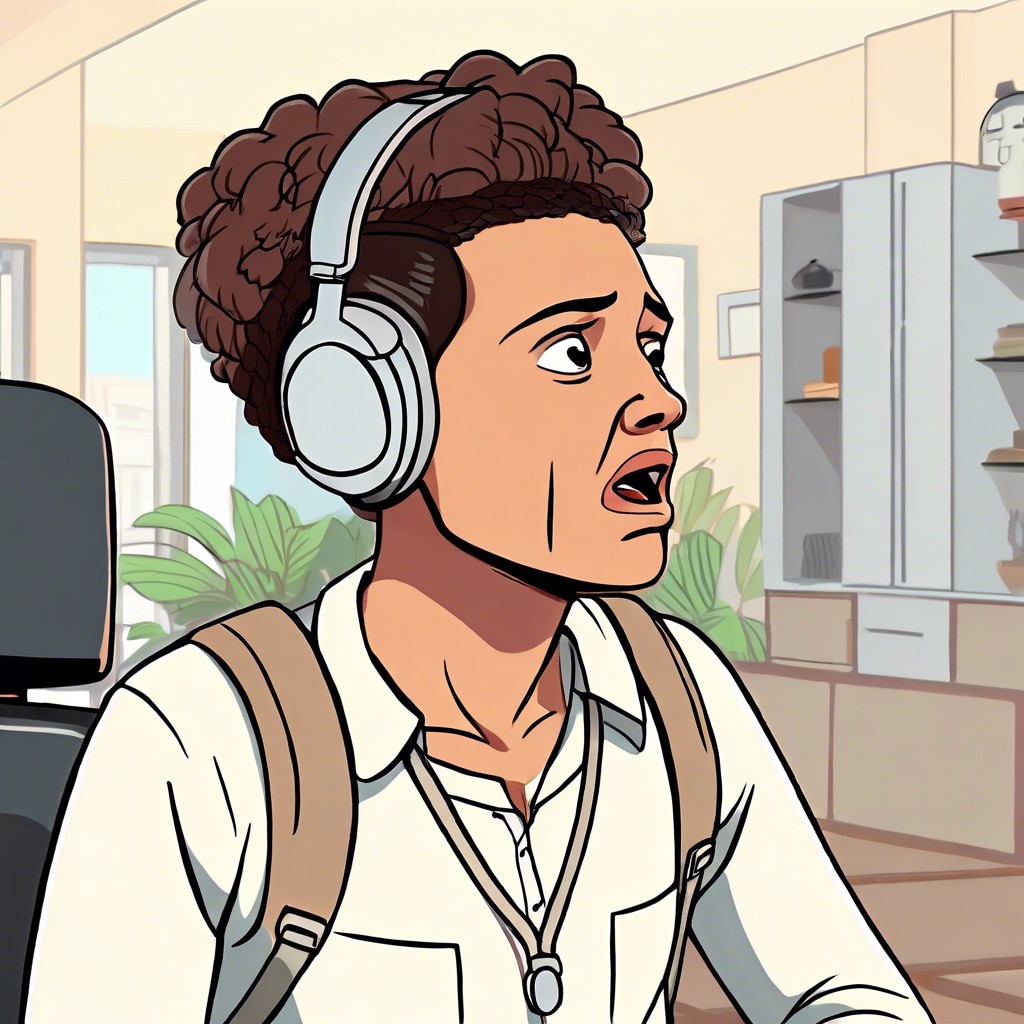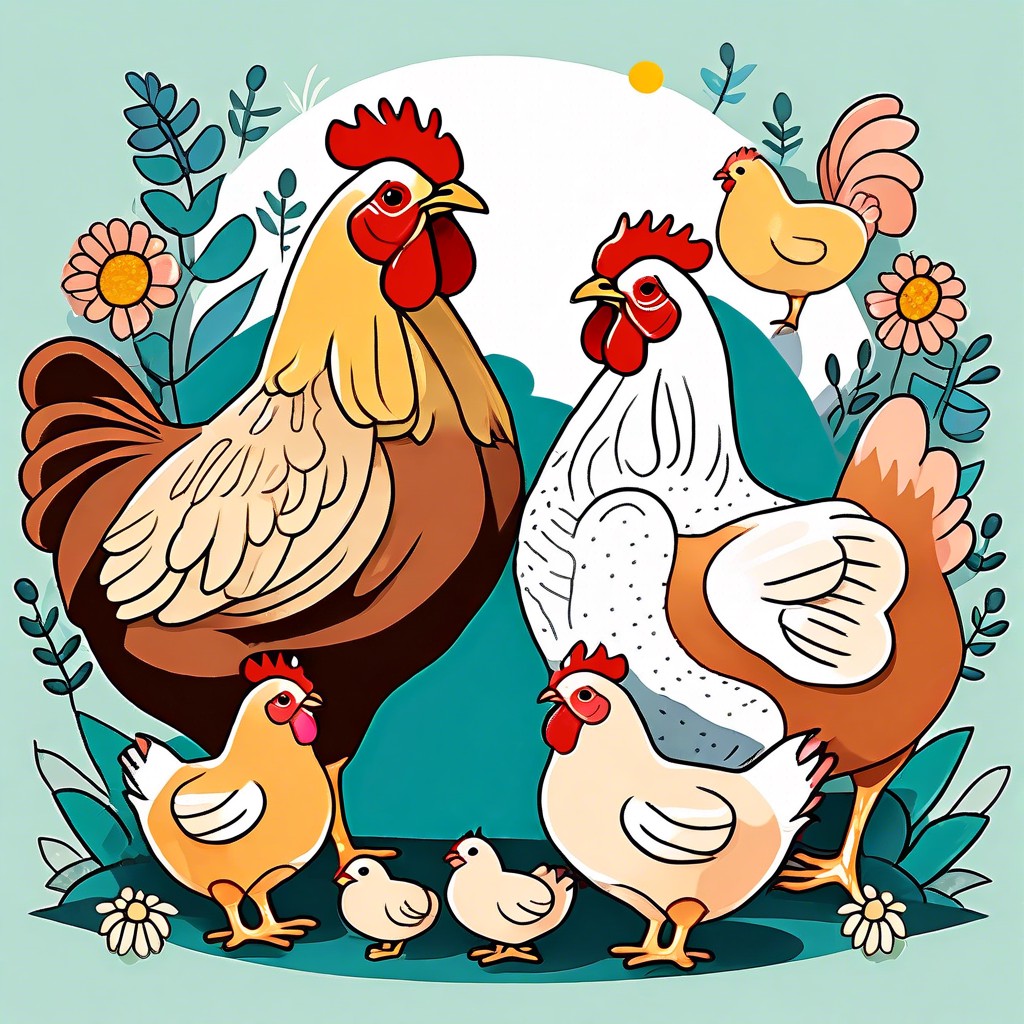Discover fun and varied ways to respond to “¿Cómo estás?” in your next Spanish conversation.
Feeling a bit monotone in your Spanish conversations? Tired of responding to “¿Cómo estás?” with the same old “bien”? We’ve got a fiesta of fabulous responses ready for you! From “Maravilloso” to “Fatal, no te imaginas,” spice up your replies and keep your dialogues as fresh as a salsa dance. Dive in, and let’s make small talk a lot more exciting!
Key takeaways:
- Muy Bien, ¿y Tú?: Quick, positive, versatile, reciprocal, friendly.
- Todo Bien, Gracias: Casual, neutral, quick, safe, professional.
- Estoy Ocupado, Pero Bien: Positive, busy, light, honest, relatable.
- Más O Menos: Ambivalent, relatable, realistic, conversation starter, comforting.
- Cansado, Pero Sobreviviendo: Honest, humorous, resilient, empathy, support.
Muy Bien, ¿y Tú?

This phrase is a go-to for a reason: it’s simple, polite, and keeps the conversation moving.
- It’s Positive
- Responding with this affirms you’re doing well. No need for a life story. A simple “Muy bien” lets them know you’re in a good place.
- It’s Reciprocal
- By adding “¿y tú?”, you show genuine interest in the other person’s state. It’s like a verbal handshake.
- It’s Versatile
- This response works in almost any scenario. Whether you’re in a casual chat or a formal encounter, it fits seamlessly.
- It’s Quick
- No one likes a time-consuming lecture about your emotional state. This response respects their time and yours.
- It’s Friendly
- You can’t go wrong with being polite and showing interest in others. This phrase does both perfectly.
Todo Bien, Gracias
This phrase is the bread and butter of casual conversation. It’s simple, polite, and keeps things moving.
Perfect for when life isn’t a rollercoaster, just a gentle carousel. It implies everything’s steady. No drama, no surprises. The conversational equivalent of a thumbs-up.
Great for those who prefer to keep their business under wraps. It offers a pleasant dodge from deep dives into personal territory. A solid response when you’re feeling good, but not necessarily doing backflips with joy.
Also, it’s quick. Convenient when you’re running late but still want to acknowledge your friend’s kindness in asking. Just two words, and a polite thank you. Efficient!
Use it liberally in professional settings. It’s safe, neutral, and won’t raise eyebrows. Perfect mid-level commitment for those “how are you” inquiries that sometimes feel like a formality.
Ideal for anyone channeling their inner James Bond: suave, cool, and to the point.
Estoy Ocupado, Pero Bien
Balancing bustle with a dash of positivity, this response says a lot with just a few words. It’s a polite way to acknowledge that life is hectic without diving into details.
- Why it works:
- It conveys honesty, showing you’re not afraid to admit you have a full plate.
- It injects positivity, reassuring the other person that you’re managing.
- It opens the door for shared experiences. Who isn’t busy these days?
Perfect for keeping the conversation light and breezy. Bonus? It’s a great excuse if you’re multitasking when they respond!
Más O Menos
When you’re feeling neither here nor there, this response is perfect. It conveys a sense of mild ambivalence. Here’s why it works so well:
- It’s relatable. We all have those days that fall in the gray area.
- It sets realistic expectations. You’re not a superhero but also not a walking disaster.
- It’s a conversation starter. People might ask what’s going on, giving you space to share more.
- Ambiguity can be comforting. It doesn’t force you into explaining too much.
Use this if you’re feeling neutral, or when life is just… life-ing.
Cansado, Pero Sobreviviendo
Ah, the classic “I’m tired, but I’m still kicking.” We’ve all been there. This response adds a bit of humor and relatability. Here’s why it works:
Firstly, it’s honest. Life is tiring, and admitting it humanizes you. People appreciate sincerity.
Secondly, it balances concern and optimism. Yes, you’re exhausted, but “surviving” signals resilience. It says, “I’m not down and out just yet!”
Thirdly, it invites empathy. Most people can relate to being tired. Sharing your fatigue can ignite camaraderie.
Lastly, it opens a door for commiseration or support. Well-meaning friends may offer advice, sympathy, or a helping hand.
So next time you’re drained, don’t hesitate. Wear your fatigue with pride, like a badge of honor, and remember – we’re all in this together.
De Maravilla
Feeling fantastic? This phrase lets people know you’re practically walking on sunshine. It’s a spirited, positive response, but here’s the trick: deliver it with enthusiasm. A flat tone might make it sound sarcastic or as if you’re hinting at a hidden misery (which, let’s be real, is its own form of comedy).
- Here are some situational uses:
- Just Scored Big: Got that promotion or aced an exam? Perfect time to use it.
- Vacation Mode: Sitting on a beach sipping something tropical—definitely counts.
- Random Acts of Awesome: Found a forgotten 20 in your pocket? Why not!
If life’s peachy, own it with this buoyant response. Just remember, nobody likes a gloater—so maybe save this one for the right audience.
Un Poco Estresado
Sometimes, life throws curveballs. Maybe work is hectic, or your pet parrot won’t stop mimicking your embarrassing phone conversations. Whatever the case, feeling a tad stressed is all too common.
First, acknowledge it. Saying you’re a bit stressed opens up room for empathy. It’s relatable. Everyone’s been there.
Second, offer a quick reason if you’re comfortable. This can vary from “Work’s been intense” to “I’ve got a lot on my plate.”
Lastly, don’t forget to flip it back. “How about you?” This keeps the conversation flowing. Sharing your stress signals honesty, and that’s always a win.
Pasándola
This one’s a classic for when life isn’t amazing, but hey, it’s not a disaster either. Think of it as the Goldilocks response—not too hot, not too cold, just right.
- It’s casual. Perfectly fits small talk without diving into a therapy session.
- It implies you’re getting through your day, even if it’s just coasting by.
- It gives a sense of modest optimism. No drama, no frills.
So next time you’re riding the wave of mediocrity, “pasándola” is your go-to. It says enough, without saying too much.
Excelente, ¿y Tú?
If you want to put a spring in someone’s step, this response is your go-to! It radiates positivity and often catches people by surprise, like finding money in an old jacket pocket.
- Sets a Positive Tone: You’re not just saying you’re okay; you’re shouting from the rooftops that life is peachy. It’s infectious.
- Engages Back: By asking “y tú?” you’re keeping the conversational ball rolling. You’re essentially saying, “Hey, I’m great, let’s keep this good vibe train going!”
- Boosts Mood: Positivity breeds positivity. Chances are, the other person will reflect that good energy right back at you.
- Breaks Monotony: In a sea of mundane responses, this one stands out like a neon light at midnight. It instantly makes the interaction more memorable.
So next time someone asks “¿Cómo estás?”, don’t be shy. Shine!
Fatal, No Te Imaginas
When the day has been an absolute disaster, “Fatal, no te imaginas” perfectly captures the sentiment. It’s like the Spanish way of saying, “Don’t even get me started.”
- This response is often used to:
- Vent frustration in a casual yet dramatic flair.
- Signal a desire for sympathy or a listening ear.
- Add a touch of humor to a rough situation. Because let’s face it, sometimes you just have to laugh to keep from crying.
So, next time your week has been one fiasco after another, throw in a “Fatal, no te imaginas.” Watch how quickly your conversation partner tunes in, popcorn in hand, ready for the saga of your misadventures.




